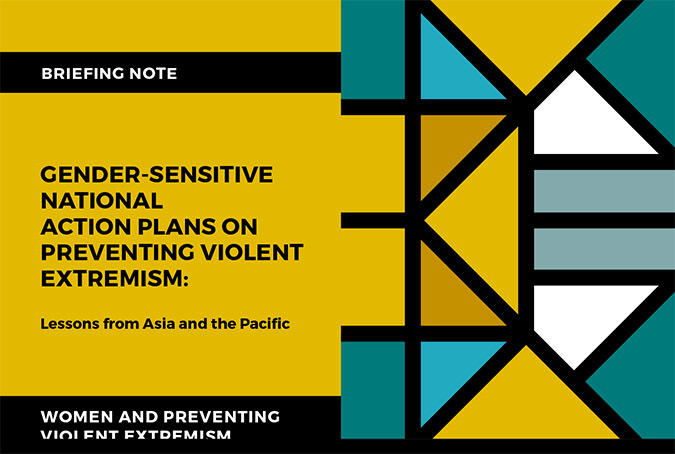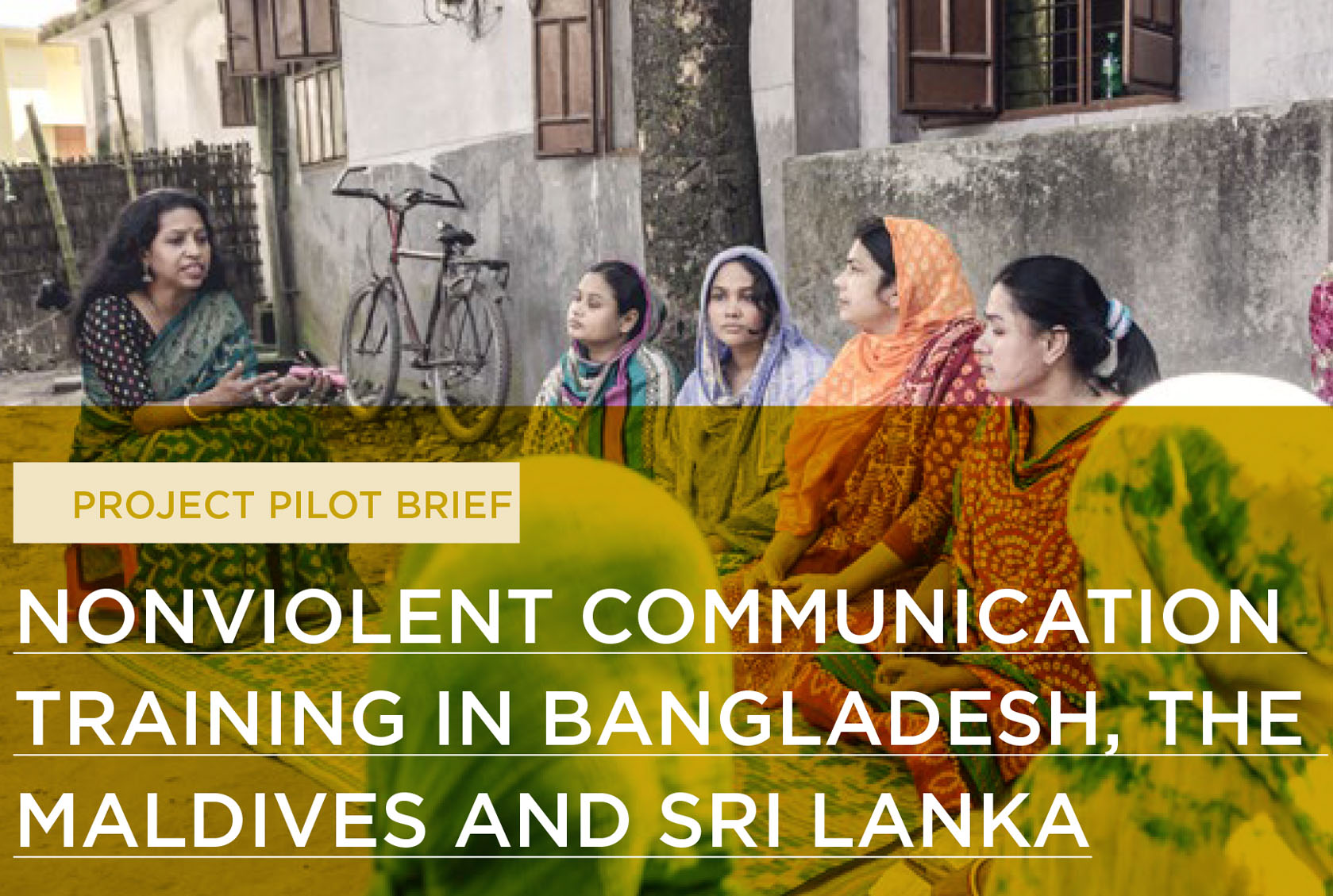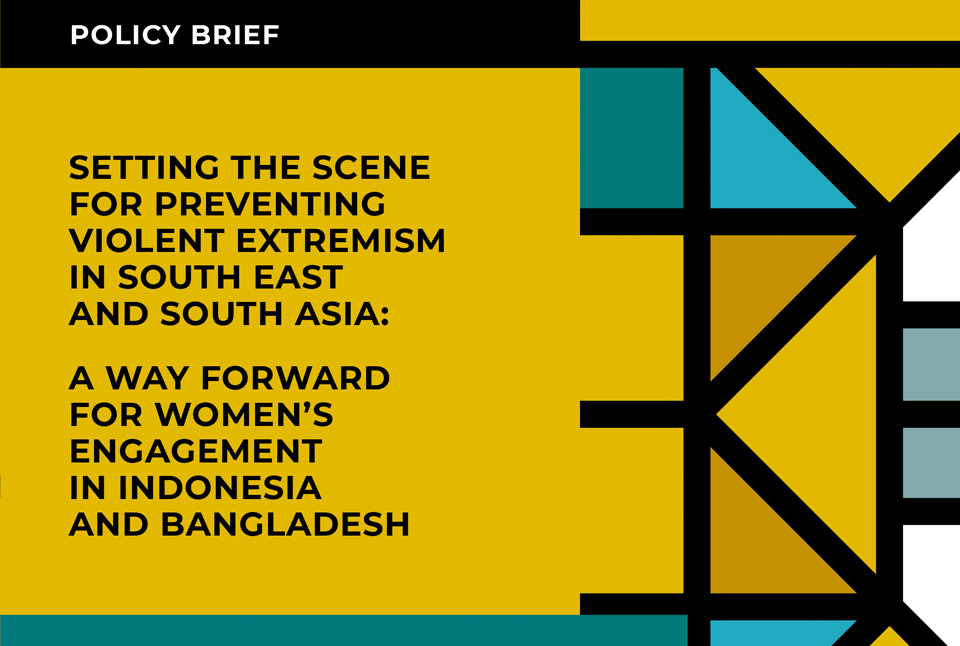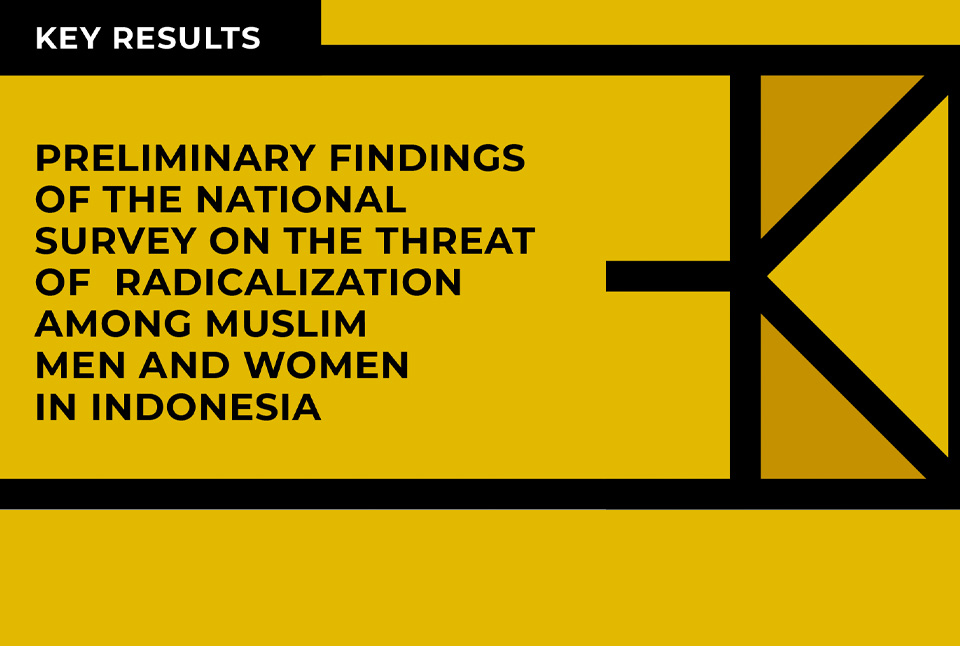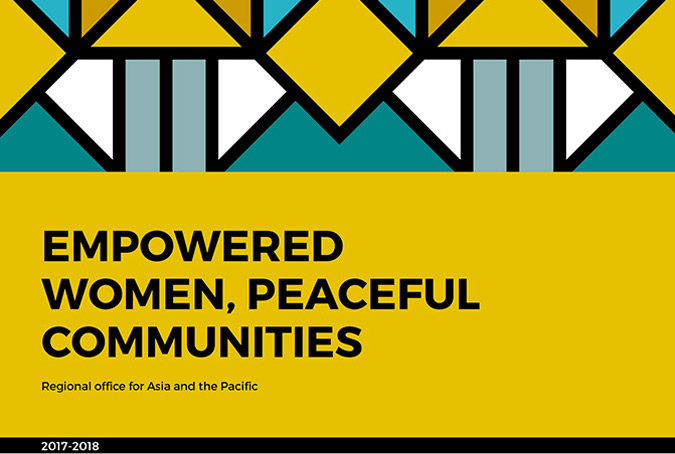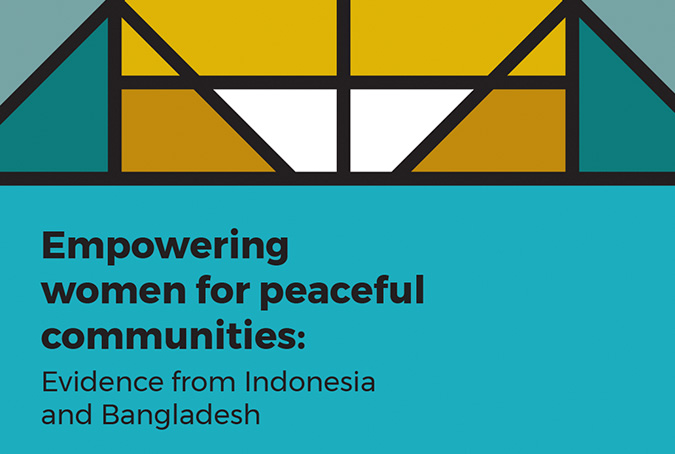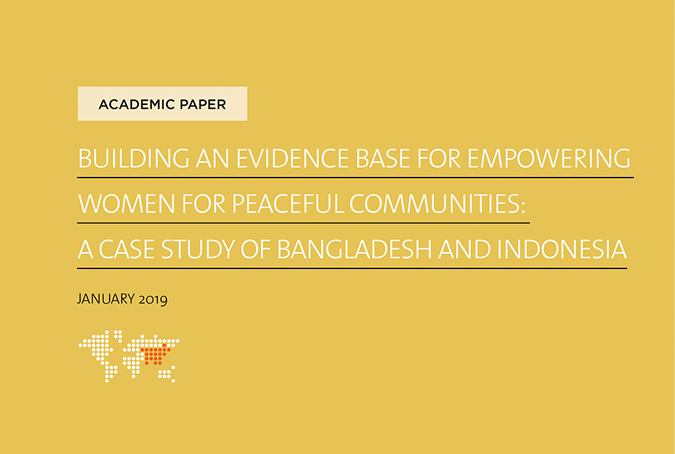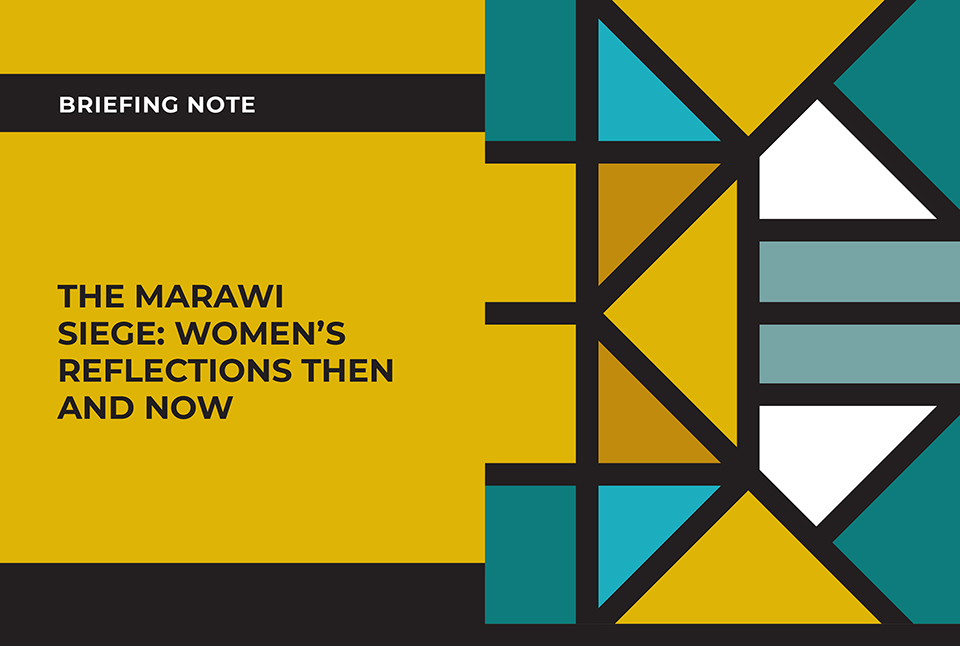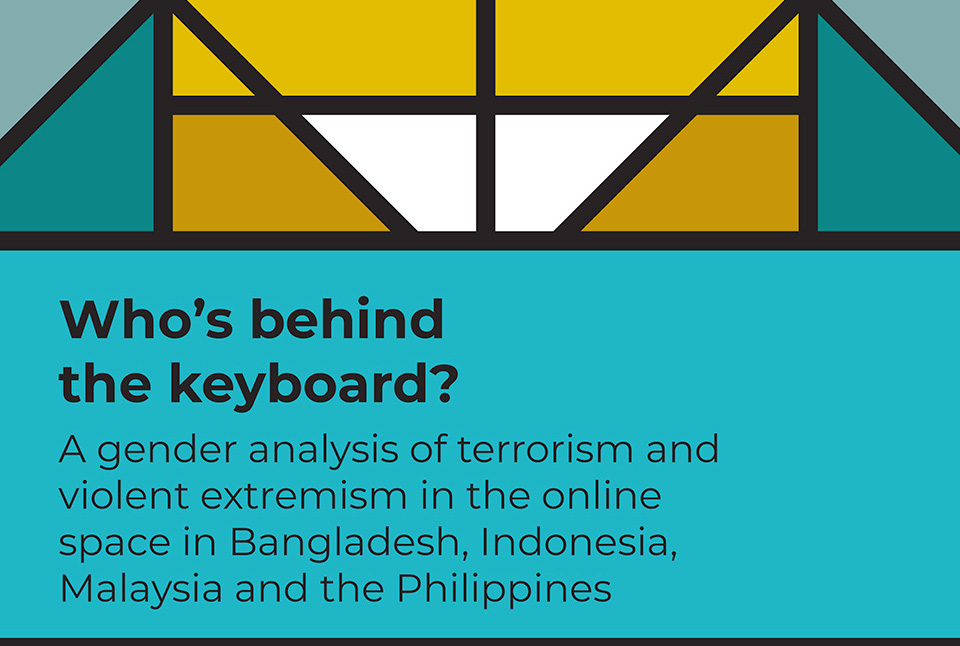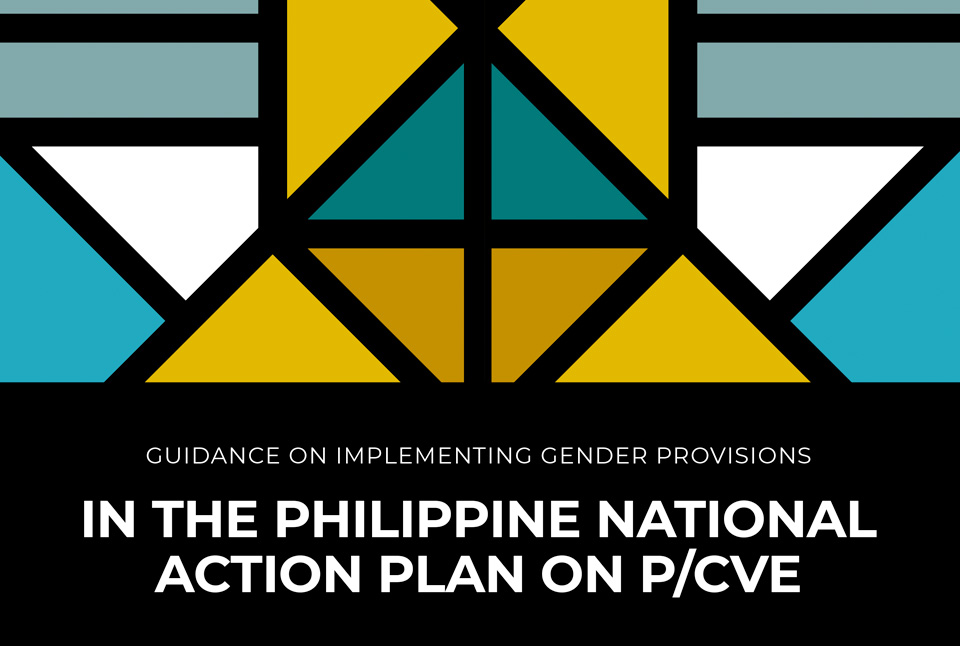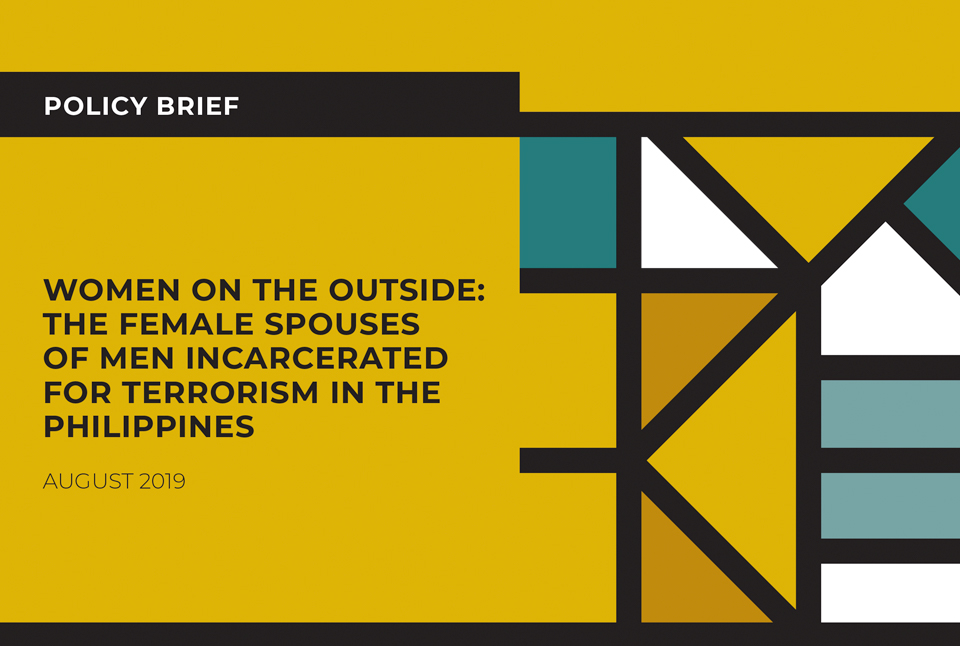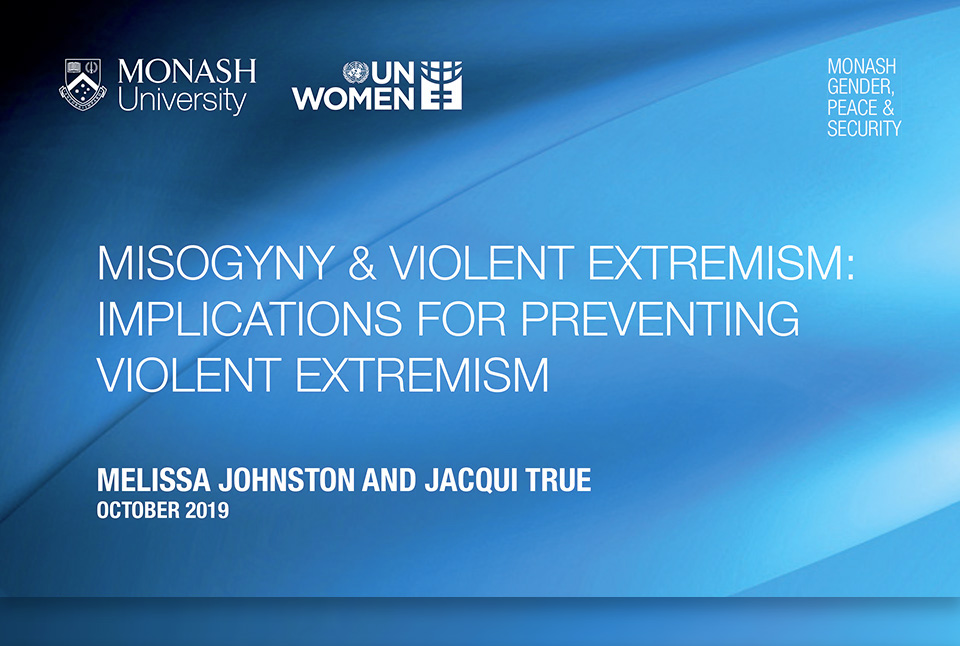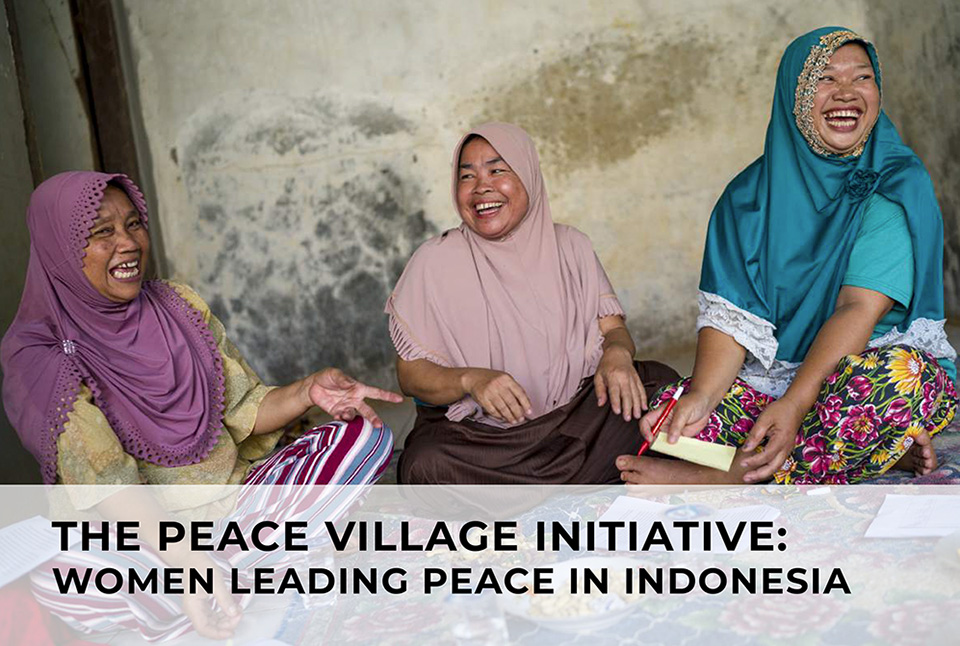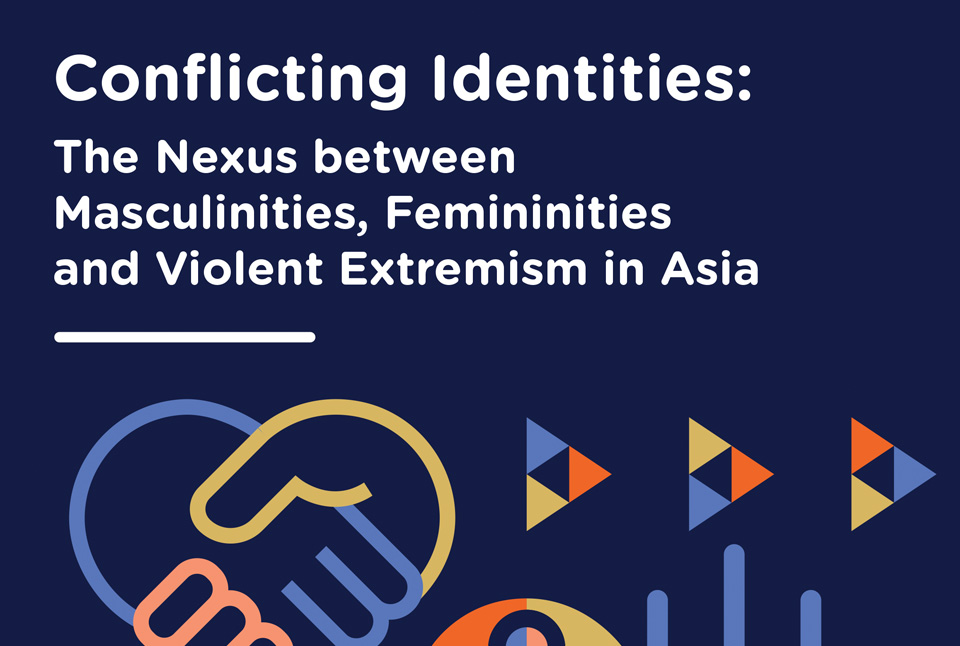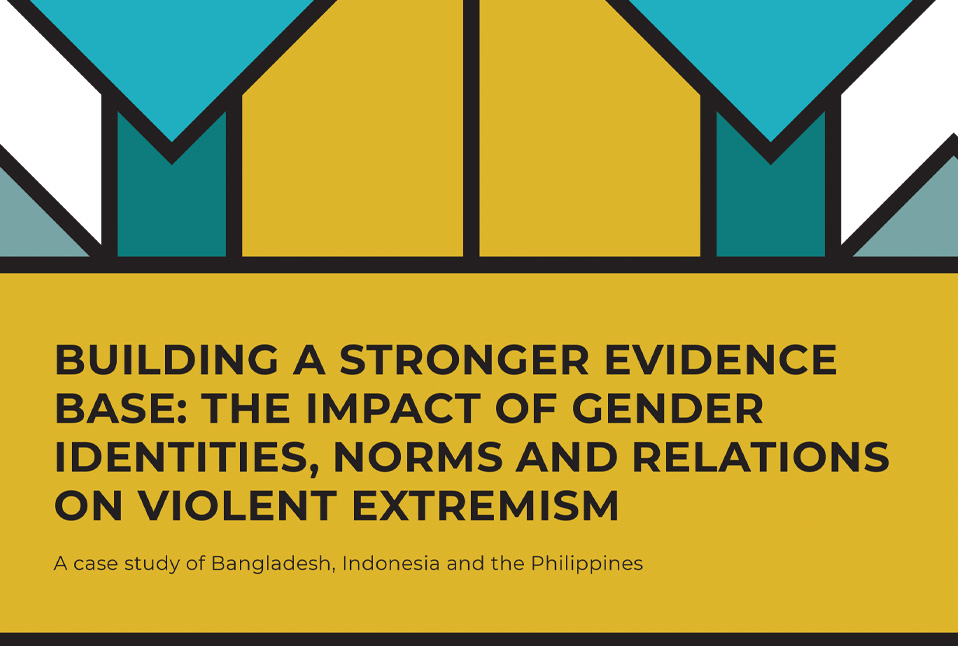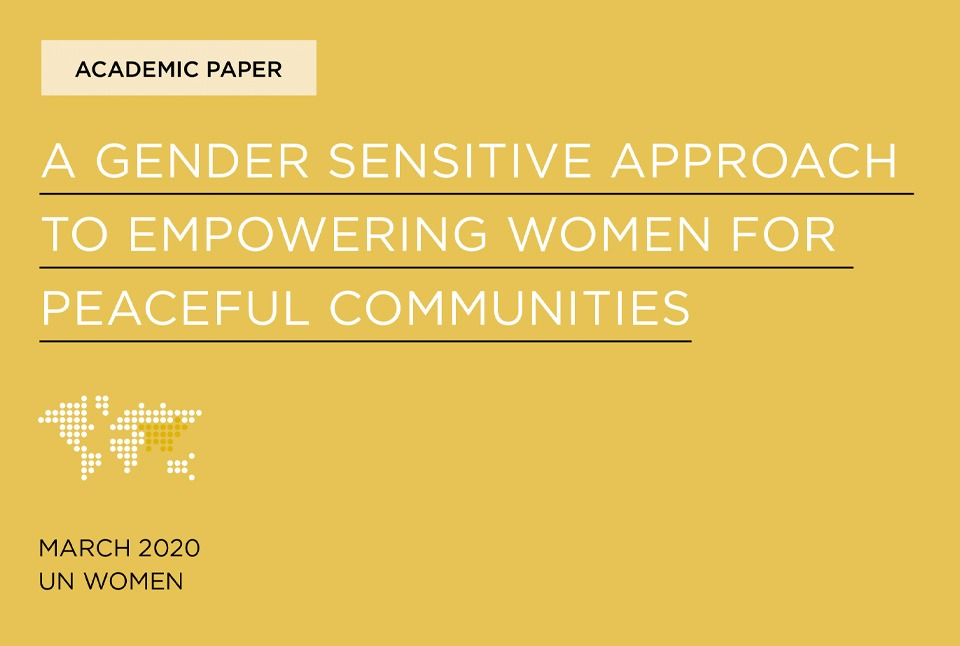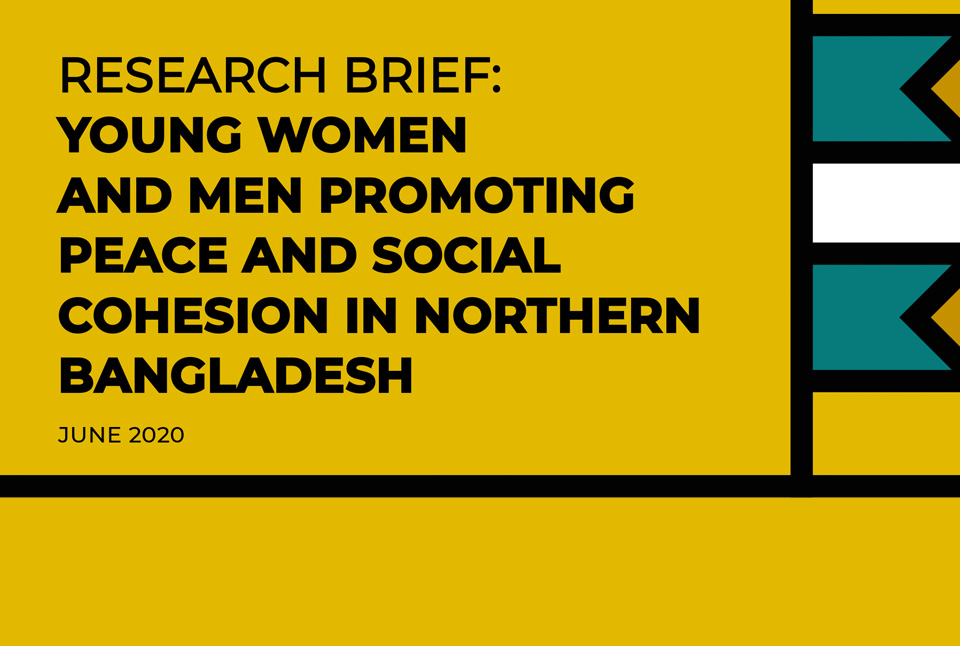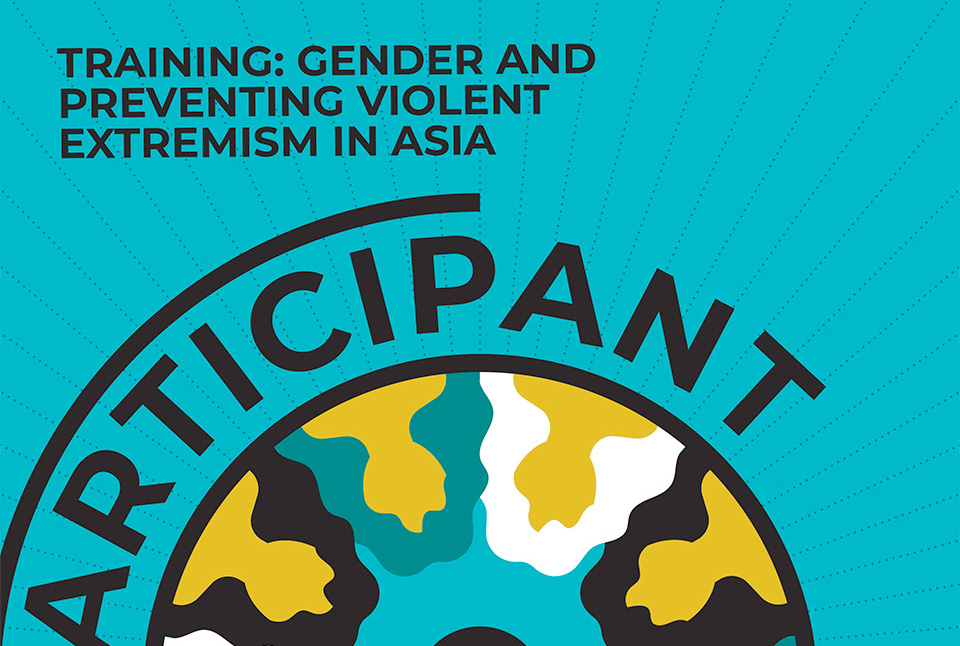![[cover]](/sites/default/files/2023-03/ap-PVE-brief-2-960px.jpg?t=1678857865)
Preventing Violent Extremism
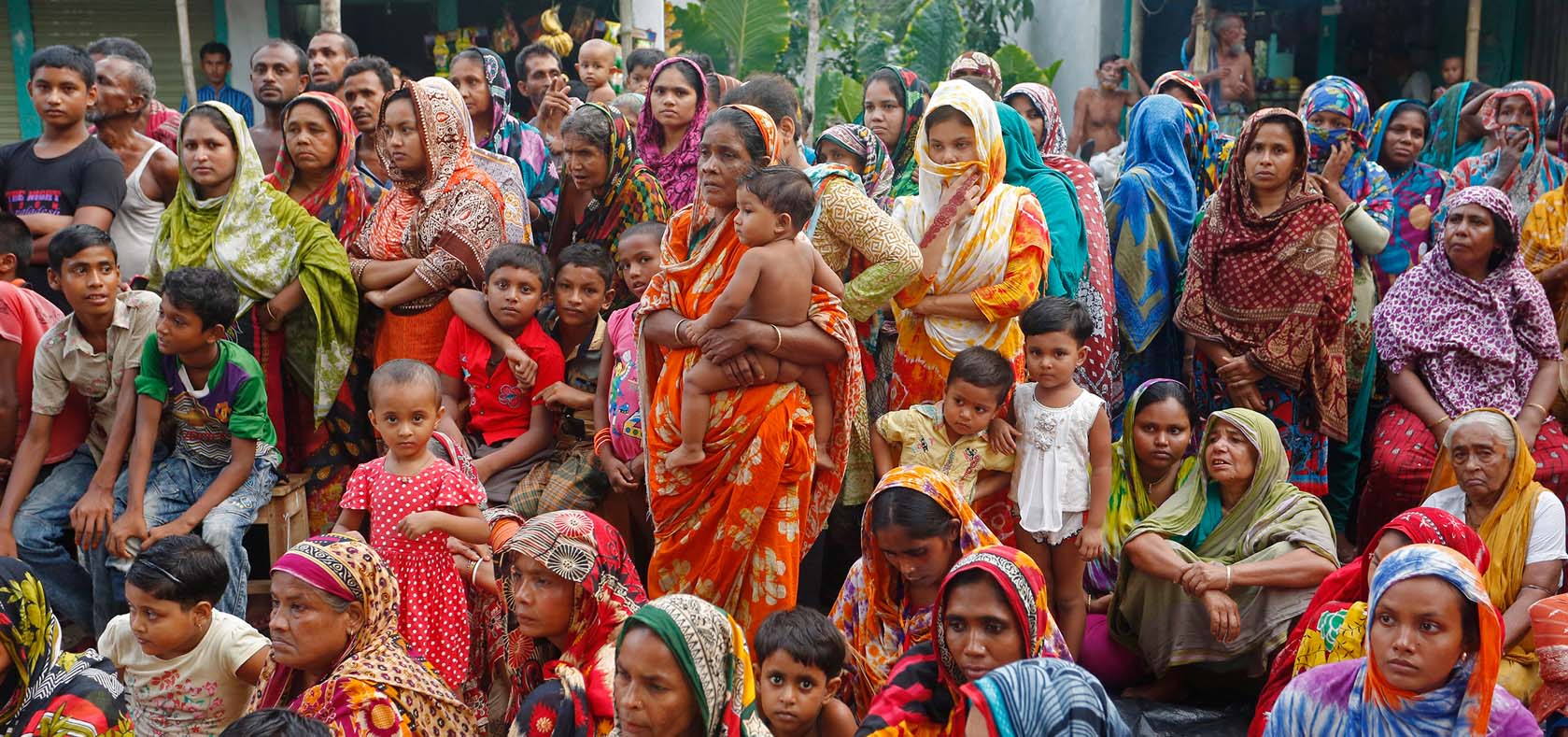
Women and girls are differentially affected by violent extremism. They are often the first victims of violent extremist groups, experiencing horrific violations of their rights. Women are also impacted by counterterrorism policies, which can curtail their rights and impact their quality of life. Increasingly, they are themselves being recruited, forcibly or willingly, to these groups -– and are also playing a role in recruiting other men and women.
But women are not just victims or perpetrators of this phenomenon. Many have been and continue to be on the frontlines of prevention efforts. Their roles are multifaceted and include shaping community and family values, influencing decision making of potential recruits, identifying and intervening at early signs of radicalization that lead to terrorism, female imams preaching religious tolerance, women using different forms of media to promote counter narratives, and female police officers engaging with local communities to collect information.
Currently, approaches to countering terrorism and violent extremism are going beyond military and security strategies to focus on prevention. Attention is increasingly turning to the role women play in prevention and response efforts including their role in promoting social cohesion at the community level.
Given the gendered underpinnings of this agenda and the gendered approach used by violent extremist groups in their recruitment, the very promotion of gender equality and women’s empowerment is in itself a counter-measure to the spread of radicalization. However, women remain marginalized from decision-making processes, particularly at senior levels, where such strategies are designed and implemented.
UN Women’s Approach
In order to effectively engage with the gendered dynamics of violent extremism and reverse its growing trend, it is critical that prevention and response efforts prioritize women’s rights, empowerment, participation and leadership— both at the community level as well as in national decision-making.
Our theory of change
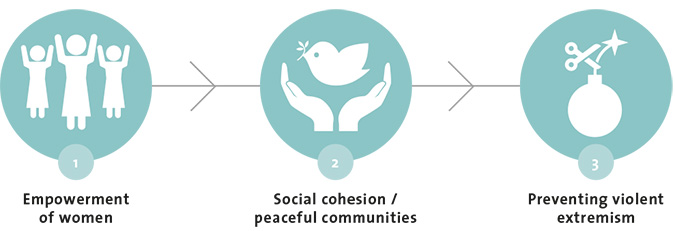
UN Women has identified four key areas where integrating a gender perspective can best strengthen responses to terrorism and violent extremism. Our 4-track approach to preventing violent extremism targets high-risk areas across the Asia and Pacific region:
- Empowerment - Promote women’s leadership and economic empowerment to promote peaceful coexistence, build social cohesion and strengthen resilience at the community level.
- Participation - Increase women’s participation and leadership in efforts to prevent and respond to terrorism and violent extremism.
- Research - Expand and deepen a data-driven evidence base on the drivers of extremist violence by sex and its impact on women and girls.
- Policy influence - Ensure national and regional counter-terrorism frameworks integrate gender and are informed by experiences of women.
Featured Video
"Together for Peace: Respect, Safety and Dignity for All”, brought together 8,000 people to celebrate women’s empowerment and peaceful communities in Madura, Indonesia. Led by Indonesian President Joko Widodo with the support of UN Women, the Wahid Foundation and the Government of Japan, the festival commemorated the International Day of Peace 2017.
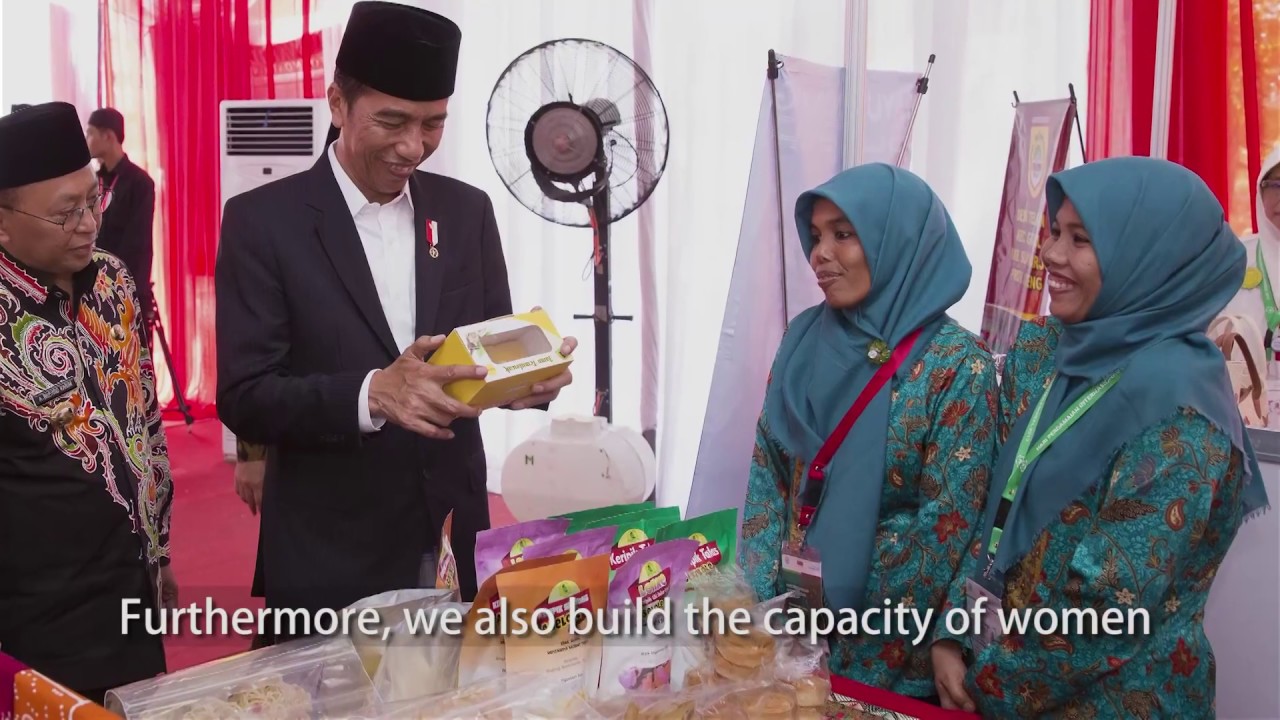


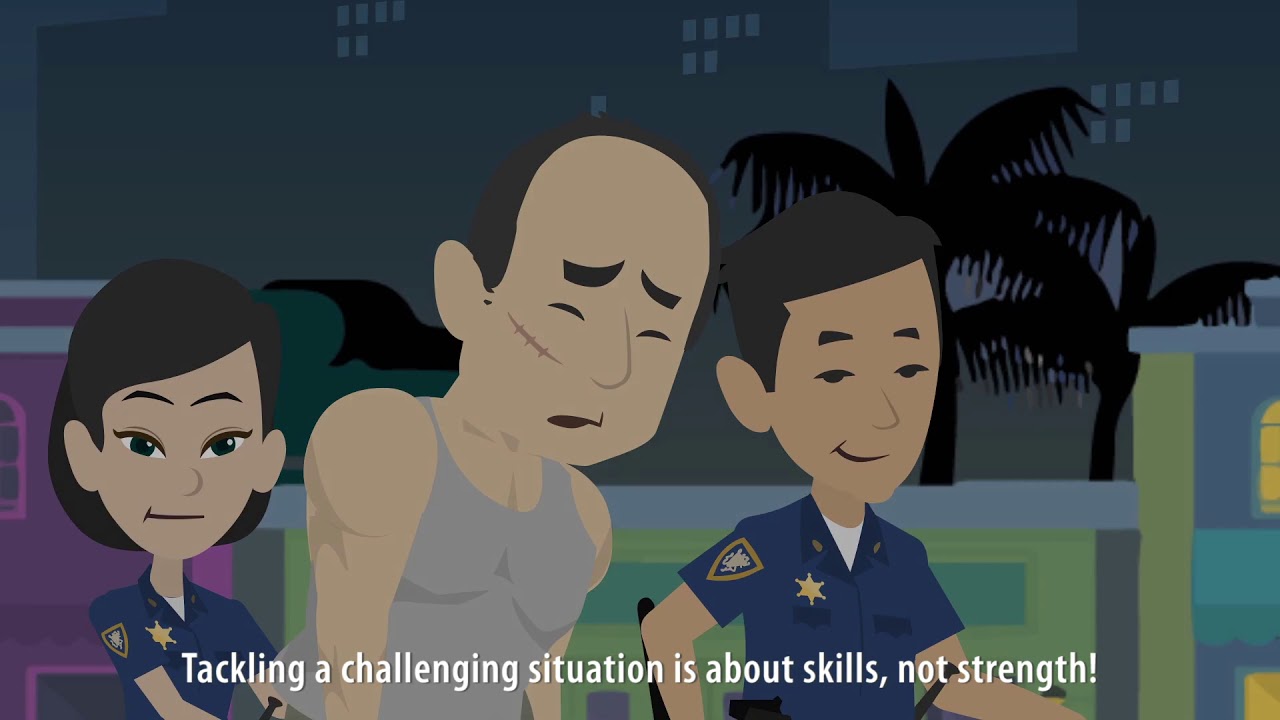
![[cover]](/sites/default/files/2023-03/ap-wps-BRIEF-COVID-19-AND-ONLINE-MISOGYNY-2-960px.jpg?t=1679024429)
![[cover]](/sites/default/files/2023-03/ap-pve-big-data-misogyny-brief-s-2-960px.jpg?t=1678857181)
